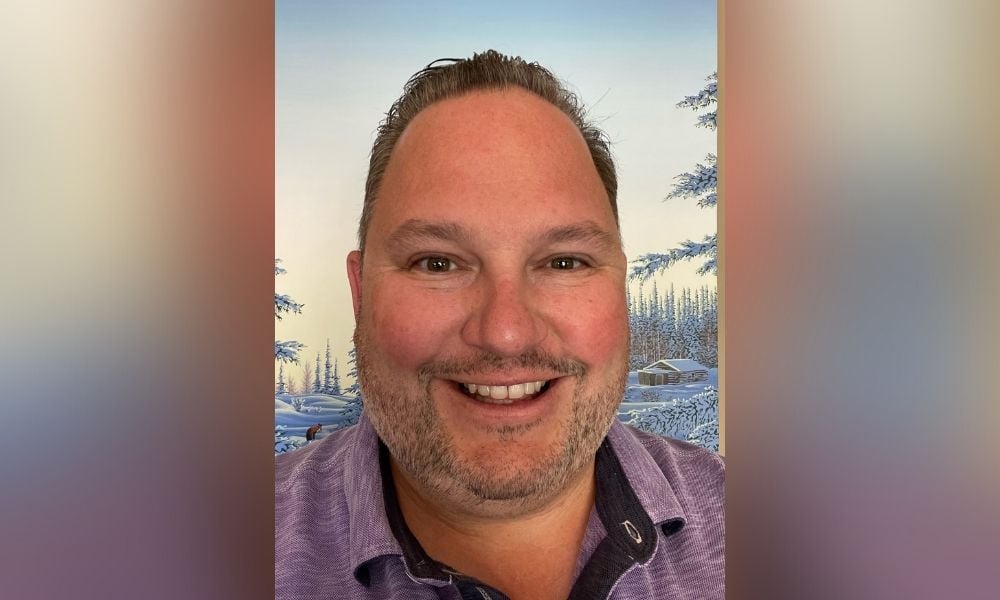Hopefuls need the right experience – and the right mentality

The role of safety consultant is an attractive one for a number of OHS pros wishing to take their career to the next level. Having been a safety consultant and educator for a number of years now, Wes Mazur knows the hard work it takes to break into that role.
One can’t become a health and safety consultant with little to no experience in the field, regardless of what you studied. “It’s not just a matter of education, it’s a combination of education and actual experience, aptitude and personality all combined,” says Mazur, owner, Mazur Safety Inc.
Expecting to be at the top of the food chain right after graduating is simply not a realistic expectation. Mazur explains that many students may be frustrated at organizations that ask for years of experience for a certain role. It’s understandable, but then again “there’s a lot of trust and legal requirements in the world of health and safety. So [organizations] need to have somebody in that role that can give them sound advice, coaching and direction.”
Subscribe to our free newsletter to stay up-to-date with the world of safety.
The role of a consultant is different from that of a safety officer or manager within an organization – but one big similarity is accountability towards an organization. “We care about people, this is why we’re in the business of safety,” says Mazur. “However, we are also hired and paid by an employer whether it’s a paycheck or we send them an invoice.” Simply put, safety professionals have a legal duty of care to the person that is financially compensating them.
Firefighter dreams
Mazur originally dreamed of becoming a full-time firefighter. He went to college for firefighting – where the program actually bridged into some things that were more occupational in nature such as industrial fire protection systems or fire prevention.
In the program, students had work terms. Mazur’s final work term was at the Toyota Motor Manufacturing Canada facility in Cambridge, ON. He started out as an emergency response specialist co-op student and was eventually hired by the company after graduation.
Hi first project was implemented the new ISO 14001 – Emergency Preparedness and Response. He also helped recruit and train an in-house Emergency Response Team. Mazur was quickly amalgamated into the facility’s health and safety department and built his experience from there. “That started me on my journey, which brings us here today.”
Mazur has since founded his own consulting business. He is also a health and safety educator – “it’s amazing to share something you’re passionate about, and to get paid for it is even sweeter.” He says that, after having been in the sector for such a long time, one of his favourite things is “being able to share the knowledge, the experience, the pitfalls and traps and successes with colleagues and the next generation.”
Educator and coach
One of the advantages of being a consultant is that you can pick and choose which organizations you want to work with – and the ability to walk away from potential clients who may not take safety as seriously.
“I think it’s our job as safety professionals to educate, coach and persuade – though not coerce – to help [organizations] understand subtle truths and realities. But at the same time, there is a line in the sand that if it gets crossed, then there has to be an exit strategy,” says Mazur.
Great safety pros, whether they be consultants or managers, or officers have to be the “right person,” says Mazur. And this can be a bit delicate to define. On one hand, those in OHS need the right kind of technical training, but on the other hand he says that also need the right mentality.
“Health and safety is not for everybody,” he says. “It’s not all about the money, it’s about the position and the profession. And that capacity to do the job has to be there.”





